Ruth Nattermann/ Perry Willson/ Philipp Lenhard
Ort: German Historical Institute Rome
Veranstalter: DFG-Netzwerk „Gender – Nation – Emancipation“ in collaboration with the DHI Rom and the Wissenschaftliche Arbeitsgemeinschaft des Leo Baeck Instituts
Datum: November 23-25, 2016
This international conference aimed to critically reconsider the apparently parallel development of the so-called “late nations” Italy and Germany in the “long” Nineteenth Century from a new and transnational perspective, based on the analytical category of gender and the integration of Jewish history into general history. There was a particular focus on the experience and memory of historical protagonists and families in the First World War, drawing on hitherto unknown or neglected ego-documents, with a view to contributing to current historiographical reassessments of the war in terms of gender as well as Jewish history.
The conference was opened by MARTIN BAUMEISTER (Rome), who welcomed the international and interdisciplinary group of scholars and the innovative collaborative enterprise. In their introduction, RUTH NATTERMANN (Munich) and PHILIPP LENHARD (Munich) explained the historiographical framework within which their project was conceived, pointing to the late discovery of the analytical category of gender as well as the generally scarce attention towards Jewish history in both the German and Italian historiographies on nation, nationalism and war. Although the cultural turn in historical studies has led to increased attention to gender, religious and ethnic differences within the processes of nation building, there is still a dearth of relevant comparative projects which could have been particularly apposite when identifying particularities and commonalities within historical developments. Nattermann and Lenhard also emphasized the relevance of concepts of nation, gender and emancipation for an in-depth understanding of the First World War. Amerigo Caruso (Saarbrücken) completed the introduction with a critical reassessment of the interpretative traditions of Italian and German nation-building, discussing new methods and research on nationalism and nation-building that have emerged since the turn of the millennium. He highlighted transnational history, global intellectual history and a new political history that systematically integrates cultural history – i.e. the role of non-state actors, women and parental networks – as “best practices” which helped avoid methodological nationalism.
In the first session of the Conference, the discursive as well as conceptional relationships between family and nation were examined by Marcella Simoni (Venice), who focused on a Livornese Jewish family that emigrated to Tunis in 1830, and by Giulia Frontoni (Hamburg), who discussed the image of political womanhood in Germany around 1848. Starting from one of the members of the eminent Moreno family, the businessman Raffaello, Simoni reconstructed the family’s attitudes to nationality and religion, reflecting on the complex relationship between Jewish and Italian national identities, which continued to play a central role during their time in Tunis. Frontoni, on the other hand, concentrated on two German writers – Ludmilla Assing and Hermine Wurm – whose commitment to contemporary liberal politics and to writing she explained on the basis of their family networks and social backgrounds, hereby highlighting the characteristics of the so-called “political lady” and its entanglement with the ideal of the “mother of nation”.
The keynote address was given by Ilaria Porciani (Bologna), who offered an extensive historical panorama on the interrelations between family and nation in public discourse on national identities. Her paper drew on debates on gender and nation, using juridical, parliamentary, literary, iconographical and historiographical sources, thus creating a wide-ranging and transnational comparison with a particular focus on Germany, Italy, France and the United States. According to Porciani, research on family and nation needs to also focus on the role of patriotic objects, as well as the role of women in collecting and curating patriotic “national” museums. The final section of her paper concentrated on specific sites and institutions such as Italian and German museums of forced migrations and the repatriated, where the relationship between family and nation is highlighted in an emotionally charged way.
The second day began with a session on emancipation matters and religious terminology. Philipp Lenhard (Munich) focused on gender education in Jewish “catechisms” in 19th century Germany. Comparing Jewish with Christian textbooks, Lenhard stated that both were manifestations of contemporary German bourgeois culture, thus revealing the ongoing progress achieved in Jewish education, without ignoring that the purpose of Jewish “catechisms” was to teach the “essentials of Judaism” in a time of growing secularism. Directly countering the German-Jewish context, the paper by Silvia Guetta (Florence) focused on Jewish “catechisms” in 19th century Italy. She demonstrated how the political and social changes caused by national reunification generated an internal-Jewish debate as to which new methods should be adopted for teaching the subjects that constituted the corpus of Jewish education. Several rabbis undertook the task of writing abbreviated “catechisms”, which were used in state schools. According to Guetta, the analysis of the contemporary discourse on “catechisms” helps one to understand the conflicts generated by Jewish emancipation and its integration into a predominantly non-Jewish Italian society. Susannah Heschel (Hanover/New Hampshire) dealt with gendered understandings of “Judaism” in relation to Christianity and Islam. She explained that during the long nineteenth century, Jewish scholars attempted to prove the originating aspects of Judaism, stressing that it was the “mother” religion of two “daughters”, i.e. Christianity and Islam. Heschel argued that the political undertones of this insistence were gendered, countering Christian claims that the God of Christianity was a virgin mother and hence not the mother of Judaism.
The following section was closely connected to the previous discussions, being dedicated to religion, education and cultures of national identity. The paper by Liviana Gazzetta (Padua) was presented by Rosanna De Longis (Rome). Gazzetta compared Protestant and Catholic female education in the Italian context between 1848 and 1908, emphasizing their contrasting approaches to feminist ideas. Both liberal and intransigent Catholics considered female religious education fundamental to mediations between faith and politics, church and nation. Only after national unification was public female activity gradually accepted. In contrast, the Italian Protestant minority aimed to “modernise” female religion, with a strong interest in co-education and gender equality. Likewise, Sylvia Schraut (Munich) compared Catholic and Protestant female education in Germany between 1871 and 1914. Schraut argued that the Prussian educational system was in general regarded as the educational system of the German Empire, and that the dominant Protestant gender model was seen as a German gender model. Schraut’s analysis of syllabuses and reading matter for girls, demonstrated that the Catholic female gender role allowed more female agency than the Protestant model. Conversely, for Catholic feminists who opposed the influence of the Catholic Church, only one model in the German Empire was left: the secular gender-role, which in practice was a Protestant model.
The fourth session focused on ideologies and politics of women’s emancipation movements. Anne-Laure Briatte-Peters (Paris) analysed the denominating strategies of German bourgeois feminists. She explained how the term “Emanzipation” had been brought into disrepute in Germany and was consequently banned from the vocabulary of bourgeois feminists. After the relative liberalisation of the political context around 1890, German feminists combined different strategies to suggest emancipation without expressing it openly. However, only when they began to openly name their goals, were feminists able to differentiate themselves from other women’s organisations and to sharpen their own profile. In a closely related paper, Magdalena Gehring (Dresden) focused on some protagonists of the early German and Italian women’s emancipation movement and their use of the terms „women’s question“ and „women’s emancipation“. She drew on the debates at the International Congress for “Frauenwerke und Frauenbestrebungen” in Berlin (1896), to examine the differing meanings of these terms for Italian and German feminists. According to Gehring, middle class representatives from both countries set the women’s question apart from the working class women’s question. Gehring advocated further comparative analysis of the relationship between middle class and socialist feminists in Italy and Germany in order to gain a deeper understanding of the ideologies and politics of women’s emancipation movements in the “long” 19th century.
The last session of the second day was dedicated to concepts and conflicts of emancipation. Ute Planert (Cologne) summarized the central theses of the paper by ANGELIKA SCHASER (Hamburg) on “emancipation, religious affiliation and family status”, which discussed the standards feminists set for women’s intellectual work around 1900. The paper by Anna Seitzer (Regensburg), which was presented by Magdalena Gehring, focused on one of the most provocative figures in the German women’s movement, Helene Stöcker (1869-1943). Feminist, reformer and pacifist, Stöcker fought for sex equality and for a self-determined female sexuality. According to Seitzer, her life and work represented a “special path of emancipation” within the German movement. Historiography and collective memory of the Italian women’s movement were the subject of the paper by PERRY WILLSON (Dundee/Scotland). Asking why the movement seems to be largely absent from Italians’ collective memory of their national past, Willson focused particularly on the question of terminology, i.e. the impact that historians’ predominant use of the terms “emancipationist” and “emancipationism” to denote this movement has had on how it has been researched, remembered, and forgotten.
The third and final day was entirely devoted to the First World War. The first section on “transnational ego-documents” was opened by Martin Baumeister (Rome). He focused on the war-time diary by the German-Jewish historian Robert Davidsohn, who had lived in Florence since 1889. Baumeister described Davidsohn as a “test case” for how far bourgeois Jews could consider themselves integrated into European societies during the Great War. The outbreak of the war forced Davidsohn, who defined himself as “a German who feels with an Italian heart”, to return to Germany. According to Baumeister, his passion for Italy did not prevent him from taking an uncritical stance towards the official German interpretation of the war as a defensive struggle, which resulted in a distinct war patriotism. This attitude was closely connected to the German-Jewish historian’s efforts to reaffirm a masculine bourgeois identity, as he was unable to enter active military service. Marie-Christin Lux (Berlin) concentrated on female war experiences in the French-Jewish context. Based on the correspondence between Alice Hertz and Laure Isaac and their husbands at the front, she discussed how these women tried to (re-)define themselves and their role in the war effort as mothers, French citizens and Jews. Andrea Sinn (Elon/NC) examined German women’s diaries and memoirs, stressing the usefulness of these still somewhat neglected sources for a deeper understanding of women’s wartime experience and a re-evaluation of traditional war narratives.
The next session grappled with “war and violence”. Nadia Maria Filippini (Venice) spoke about the devastating effects of total war on women and children living close to the front in the Friuli-Venetian area. Women, she argued, suffered particularly from the immediate experience of war violence, being subject to rapes and subsequent public derision. Even after the ending of the war, they were unable to denounce sexual violence as a violation of the rights of the populations committed by the enemy. Christa Hämmerle (Wien) discussed wartime letters and autobiographical documents in the Austro-Hungarian context. According to her research, despite propaganda efforts and dominating war patriotism, speaking/writing about war violence as well as its silencing were soon shaped or refuted by the reality of war, which proved that “modern” war was not only waged between armies, but also with the help of women and against civilians.
The final session focused on “war experience and memory”. Tullia Catalan (Trieste) examined the political experience before and during the war of two irredentist Italian-Jewish writers, Carolina Coen Luzzatto and Enrica Barzilai Gentilli, who lived on the border between Austria-Hungary and Italy. Catalan demonstrated how these women’s intellectual and journalistic activity contributed to constructing the image of the enemy, identified as “the German” and “the Slav”. Ruth Nattermann (Munich) focused on war experience in three middle-class Italian-Jewish families, Gina Lombroso and her husband Guglielmo Ferrero, Amelia and Aldo Rosselli, and Margherita and Roberto Sarfatti, examining their ideological paths towards either fascism or anti-fascism. Based on both unpublished war-time correspondence and autobiographical texts, Nattermann argued that the experience of the Great War was decisive in influencing or changing political positions and attitudes between national identity and long term Jewish loyalties. Gerald Lamprecht (Graz) concentrated on the memory of war. Starting from the example of Jewish war memorials and war cemeteries, he discussed the distinctive Jewish memory discourses in Austria during and after the First World War, demonstrating the importance, in the erection of war memorials by Jewish communities and organizations, of aspects of mourning, belonging, loyalty, and defense against anti-Semitism.
In her concluding remarks, Patrizia Dogliani (Bologna), emphasized how the conference had focused on topics, methodologies and problems ascribable to the long durée, thus leading far into the 20th century, challenging traditional subjects, disciplines and temporal divisions. She highlighted the overall questioning of traditional approaches towards the history of nation and nationalism, especially when looking at educational issues, the relationship between gender and class, as well as the attention paid to religion, religious discourse and ethnic identities in the discussions. In the final debate, participants agreed that the conference had proved the importance of new comparative studies on Italian and German history and historiography in a transnational context, and the relevance of drawing on new sources. They concluded that the collaborative project had stressed the ongoing methodological relevance of dealing with European as well as European-Jewish history from a gender perspective.
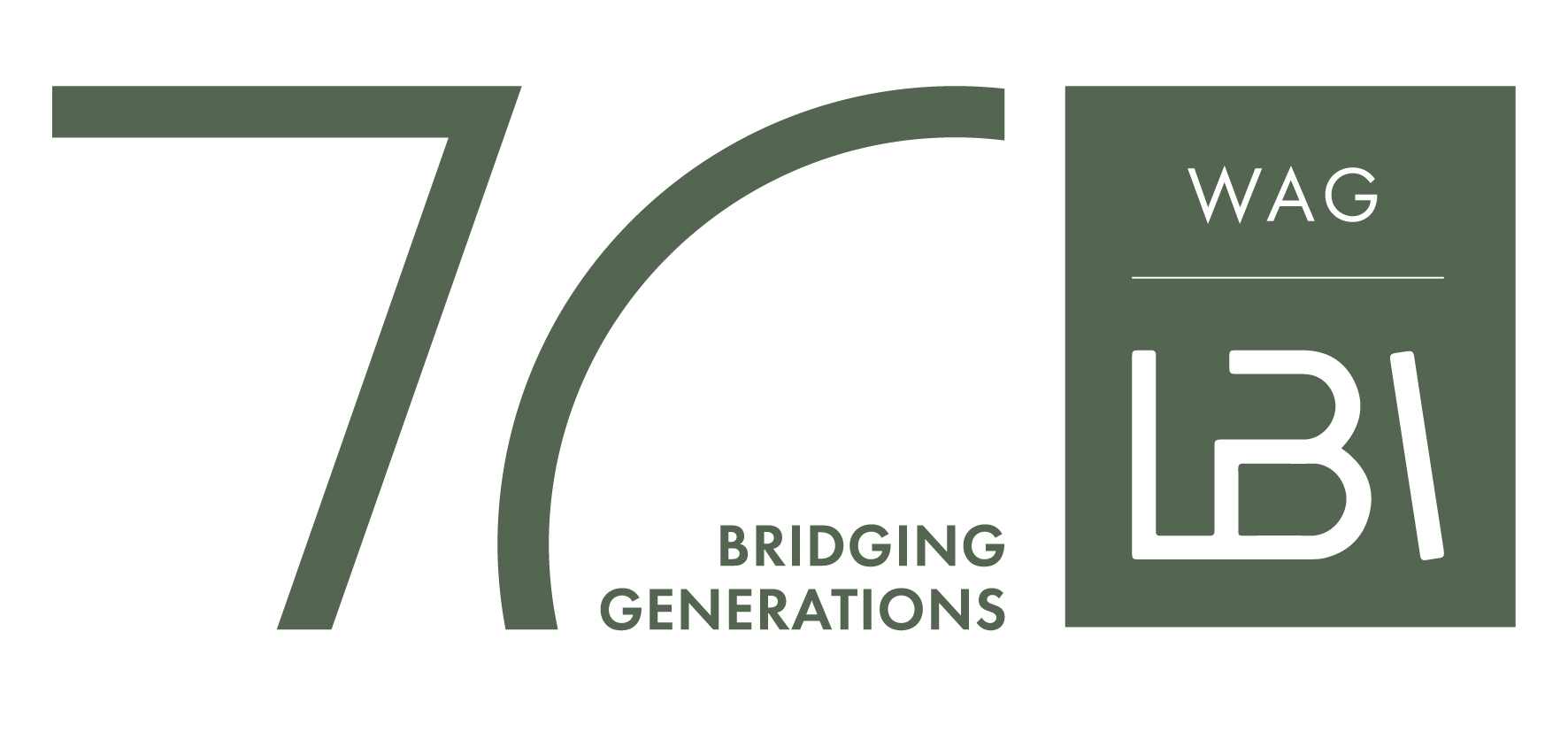
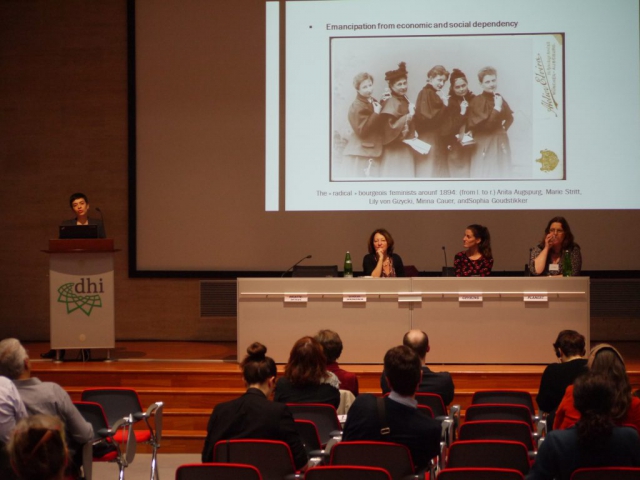
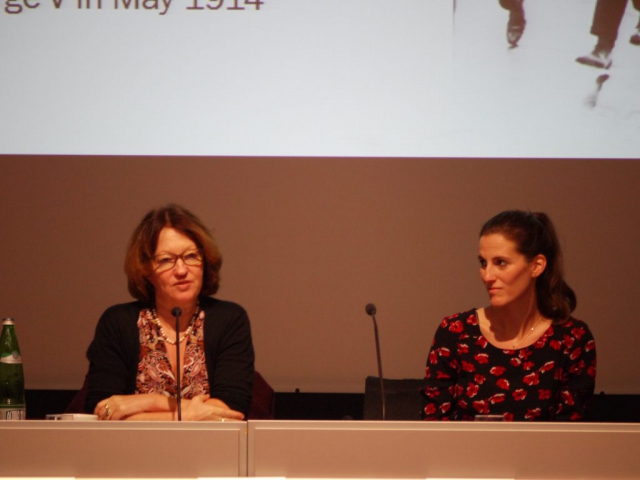
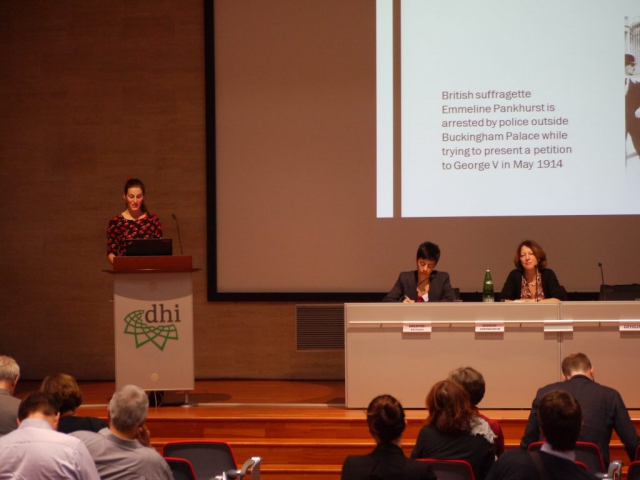
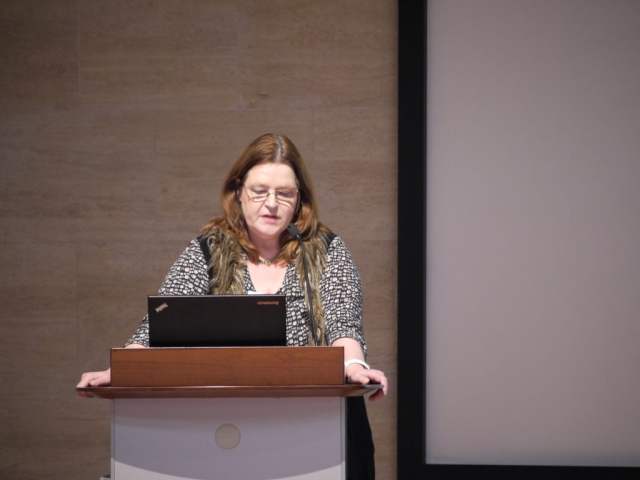
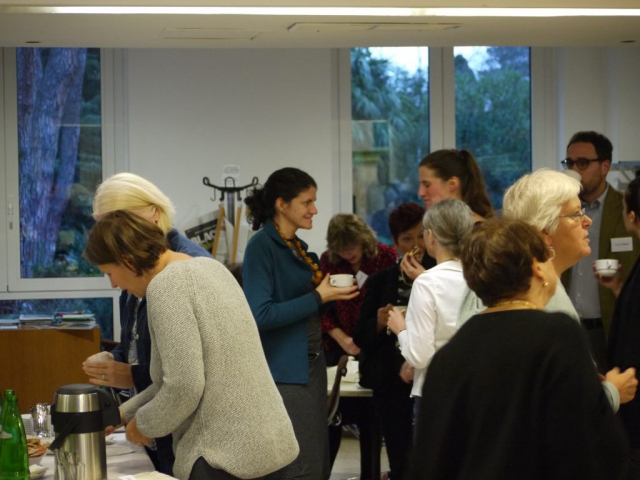
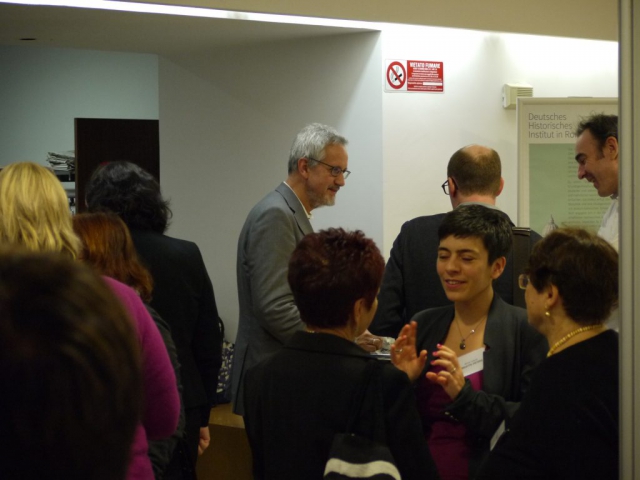
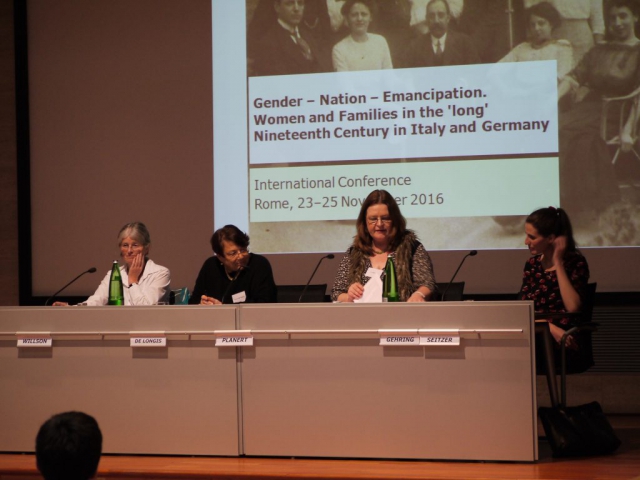
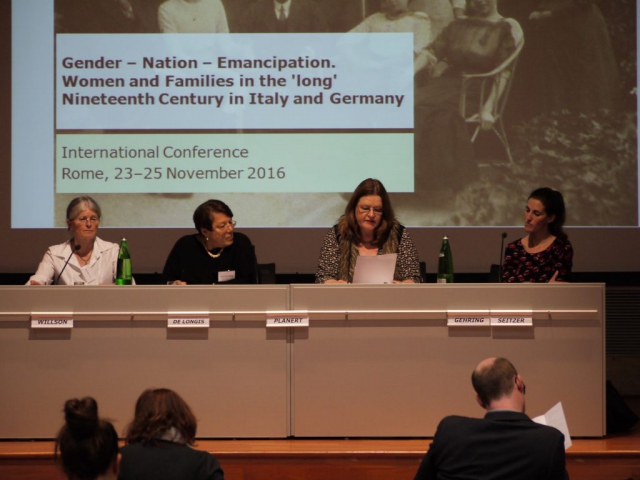
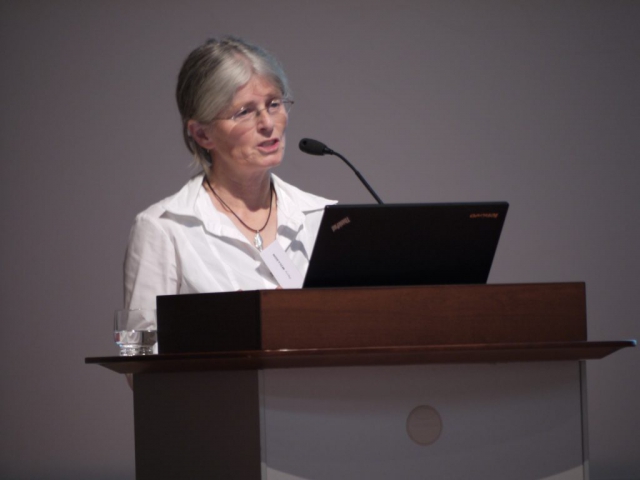
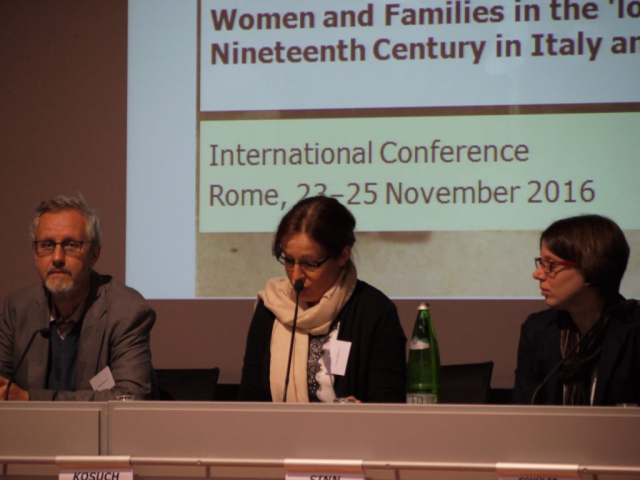
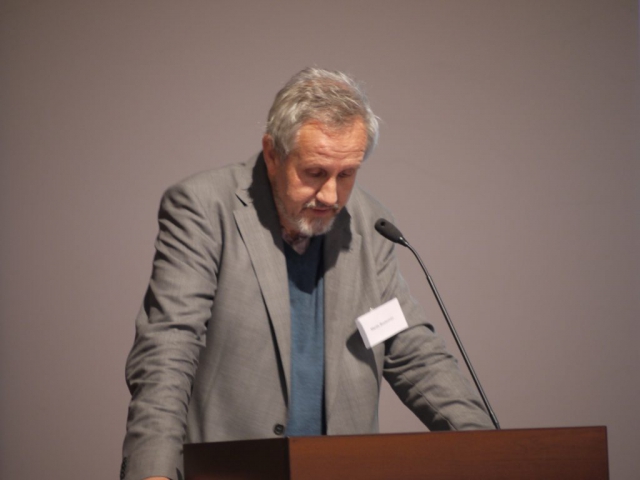
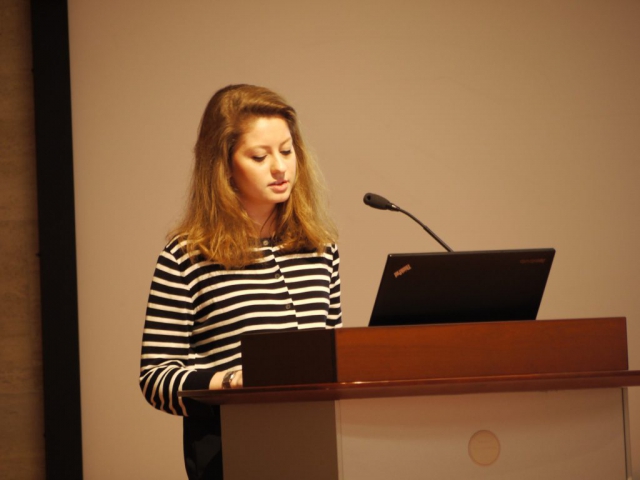
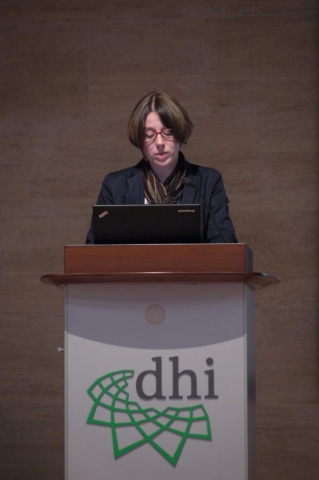
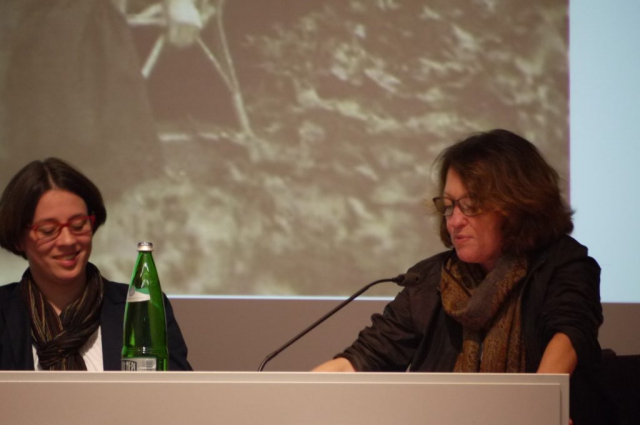
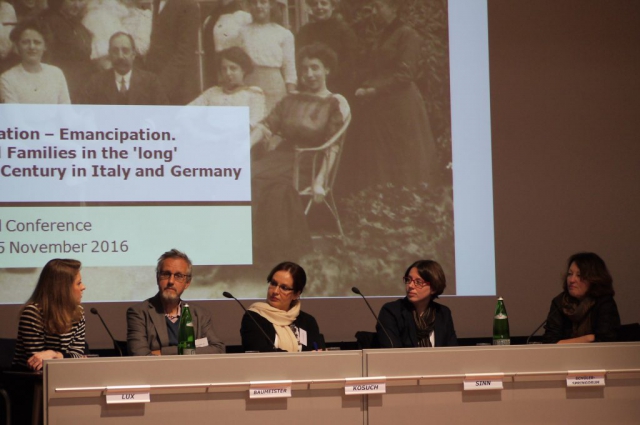
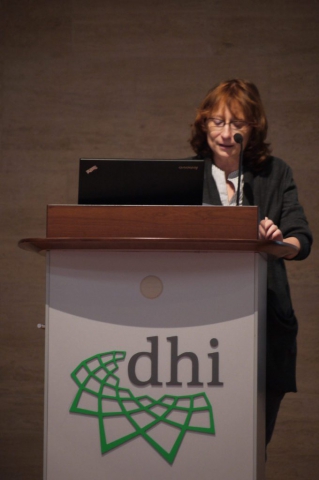
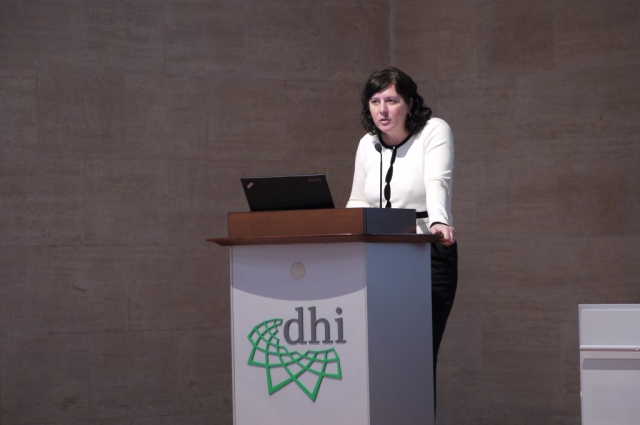
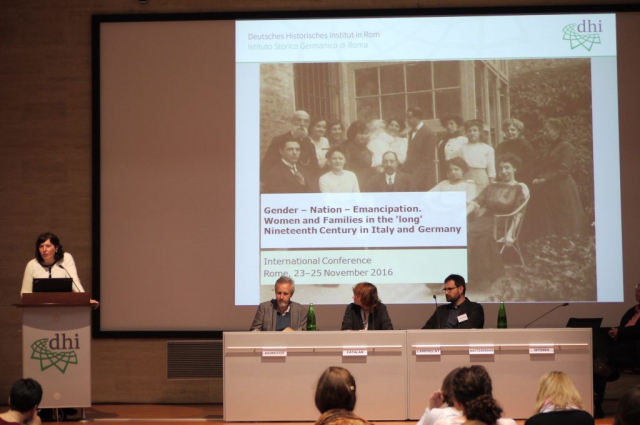
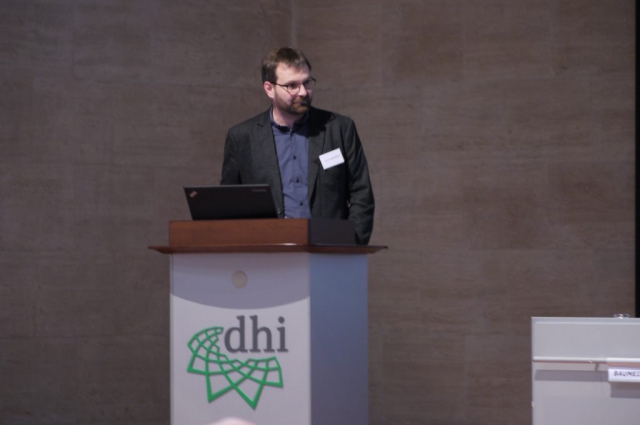
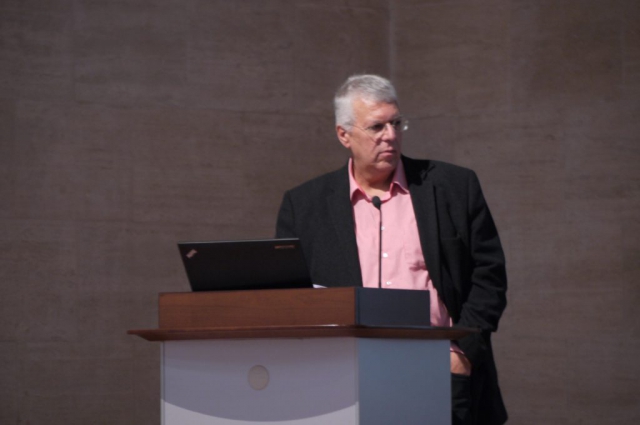
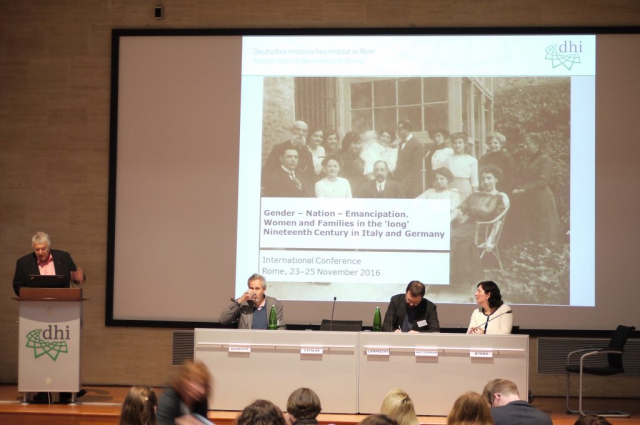
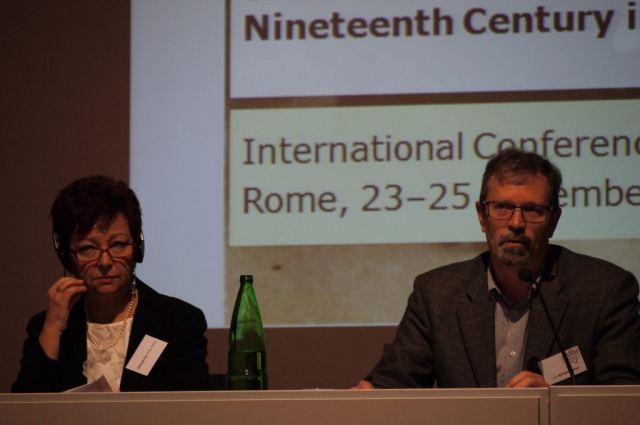
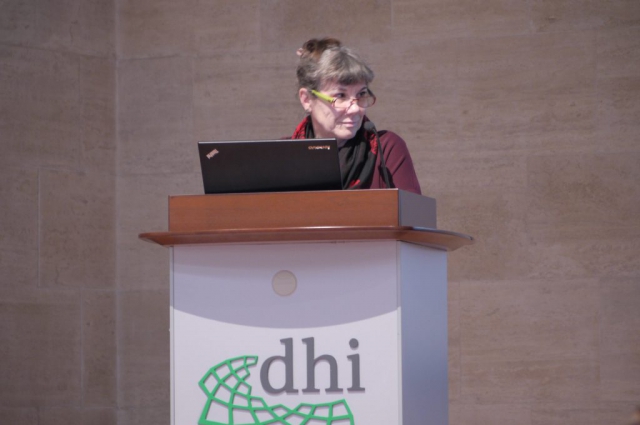
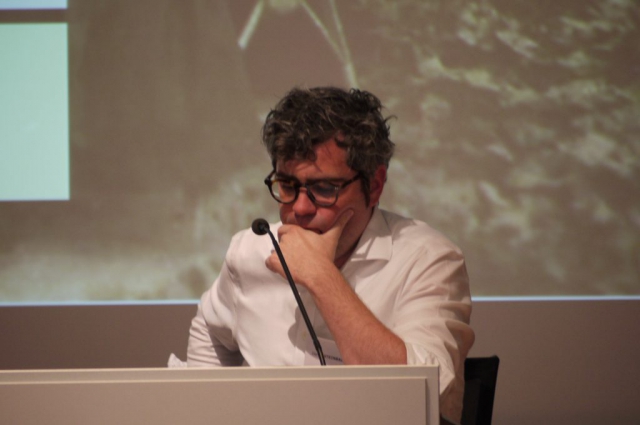
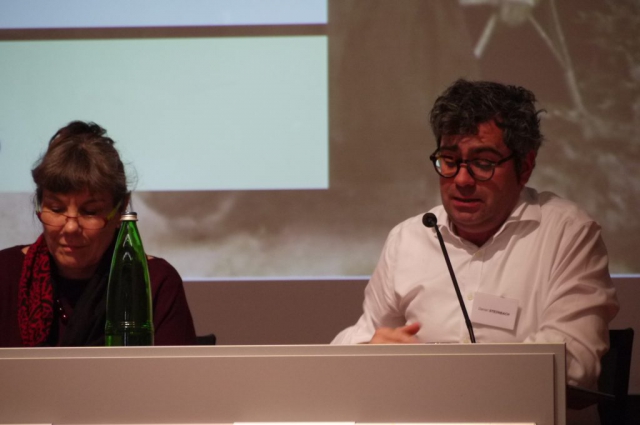
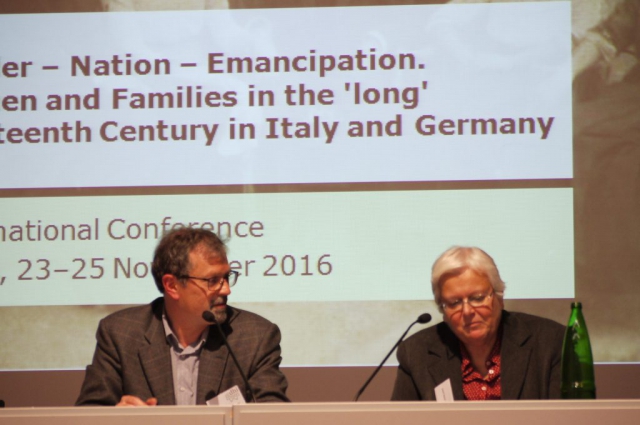
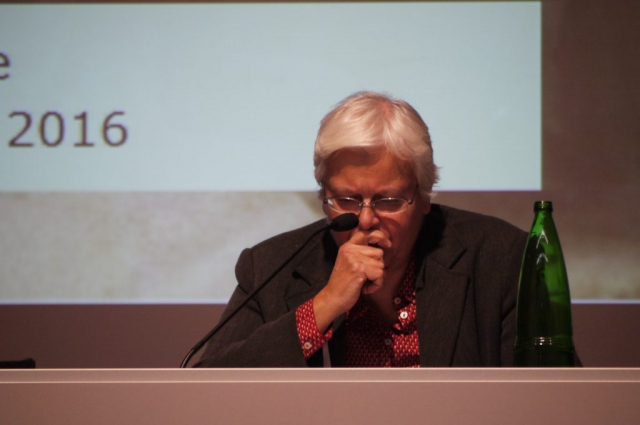
Comments are disabled.